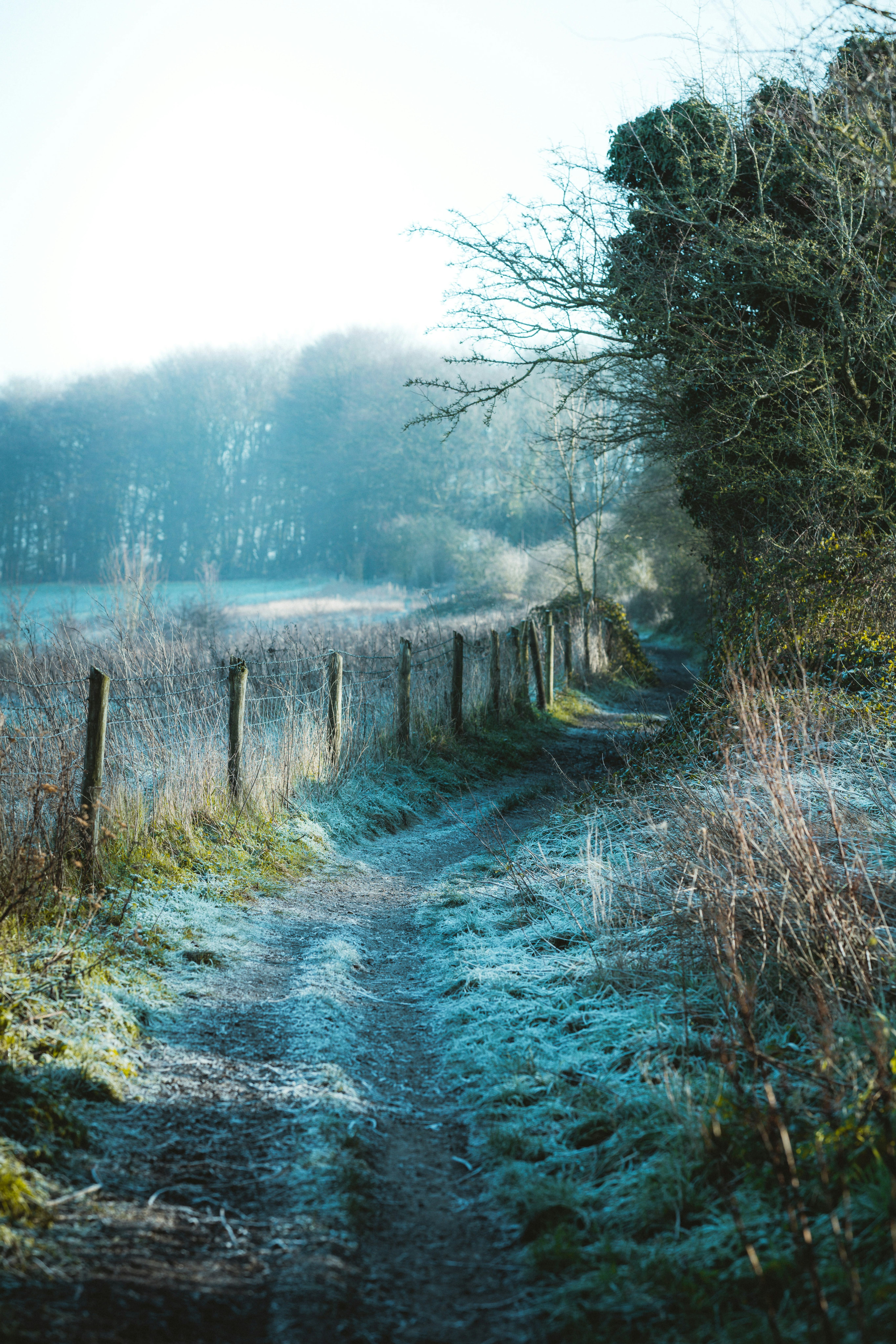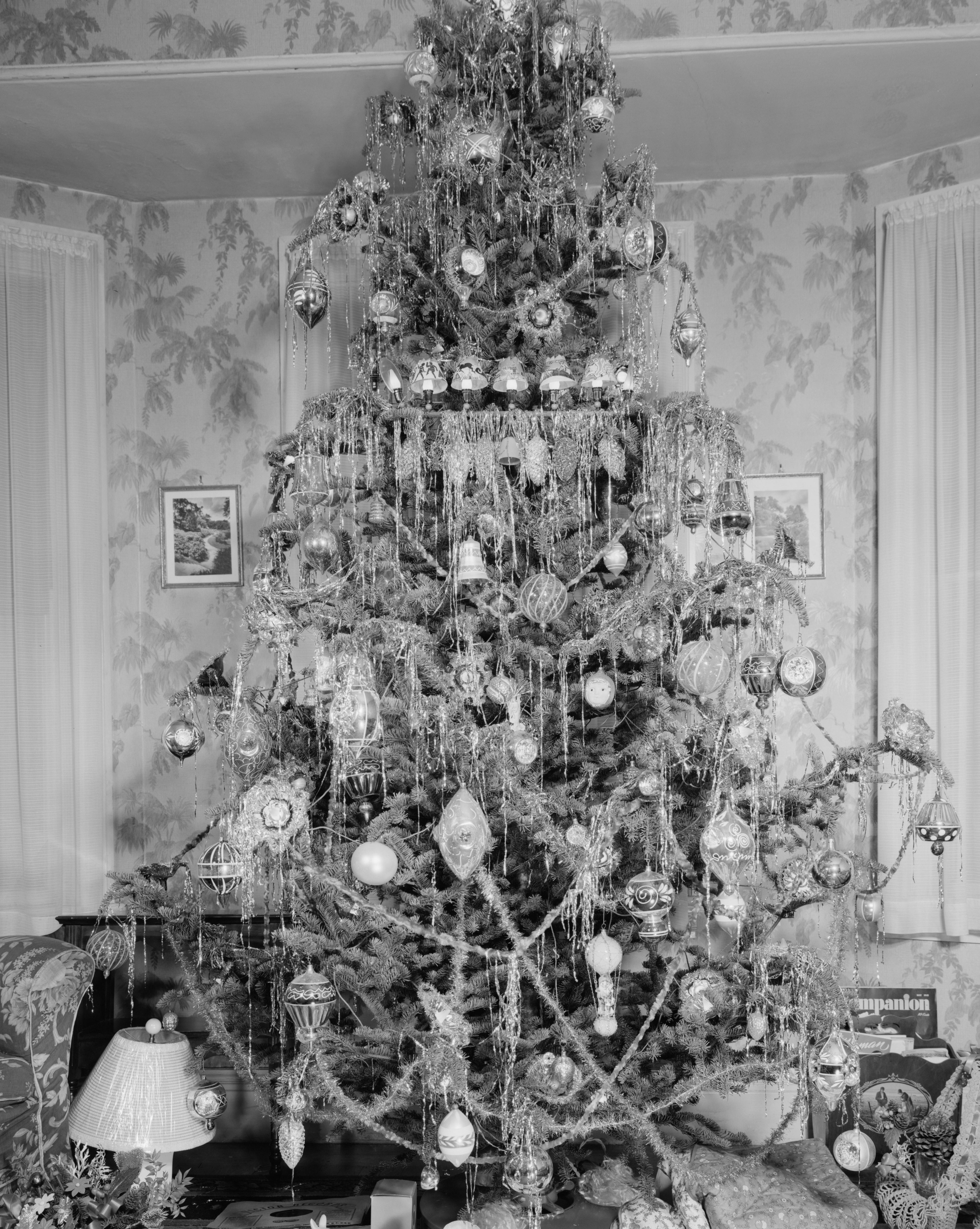In the summer of 1997, five years old, I place my grubby little fingers on a thin trunk, the grey bark slightly soft beneath my palms and GO! – we shake our trees vigorously as a shower of apples cascades around us.
We know to stand close to the tree to prevent getting thumped. I look around and already Sasha is racing to gather the crab apples closest to him, curling his t-shirt into a type of basket. He’s a few years older and slightly bigger than I, though I’m quicker in general, but my overalls prevent me from the t-shirt-basket technique, so I fold my arm tightly to myself and race to collect the most bounty.
We sprint across the yard, golden orbs spilling beneath our feet and dump as many as we can into the individual white ceramic tubs adorned with blue wildflowers. He’s already a few ahead, but I know I can beat him if I want to. Sasha doesn’t like to lose and his friendship is worth more to me than my pride. Lera, a little plum herself, waddles across the grass—nearly her height—picks up one apple in both hands, looks at it, takes a crunchy chomp and tosses it into Sasha’s tub. CHEATERS!!! I yell, knowing it’s all the same anyway.
Later, we sit on the dusty stoop as apples get cleaned by Aunty Marina. They will get transformed into all manner of preciousness to be enjoyed the rest of the year. Unlike our winters in Russia, we pick everything here in Ukraine.
Cherries are a much more delicate procedure, as we kids climb and balance, reaching toward the tips of branches rescuing every shiny red bead. Try finding two together and hang them like earrings! Jam, jelly, compote, boiled dumplings with juicy centers. It’s always an all or nothing season. My favorites are apricots. We have less trees in the yard, but the soft orange insides have no comparison. A fruit unmatched in flavor and delight.
Ripe tomatoes and cucumbers eaten raw and unmingled with spices, eggplant and squashes. Our hands don’t stay out of the dirt for long. Such a simple thing my grandmother has: a small garden behind a half-rotted picket fence on the side of the apartment building. She doesn’t need a whole yard, just a soft patch and a few hours a week for life to follow its course.
One day, Babushka comes home with a watermelon from the bazaar. I picked the ripest one! And I had to talk her down, but you know I haggle better than any of em’…These require more space to grow, so we barter with our neighbors. Coke bottle glasses high on her nose, a bandana wrapped tightly around her head, she steps across the living room stoop and immediately spins, sending the juicy sphere flying toward the ground. The room erupts as cousins and uncles and aunts overflow with merriment. That’s what you get for bragging! We kids rush toward the broken chunks of the melon strewn across the ground and sink our teeth into the pink meat, slurping up the juice and wiping our mouths off with our sleeves.
On the weekend, Babushka, sister and I climb into a wooden cart with some neighbors, strung up to an old mule- Orlik— Oi! And two hours later, we’re running through a bright yellow field of corn, arms spread wide grazing the stalks, laughter exploding into the open sky. Shucking and shucking, until I glimpse a mound of golden batons, sweet as can be, steaming on the table later that evening.
Potatoes are my least favorite to gather, but a favorite to eat. We often work land in another field somewhere. An hour or so of walking and busses, and we’re out under the hot sun digging and digging and digging with nothing but hands to fill the pails. Starchy brown or young and yellow, simple food with varied palette. The most common occurrence is Babushka on a tiny stool in the kitchen, sleeves rolled up, water boiling, peeling potato after potato deftly with a sharp hand knife, a soft August drizzle as the night settles. Mountains of joy emerge out of the pot, fresh dill sprinkled tenderly, butter melts softly. Child, eat something!
And of course, pickles! Nothing like grandpa’s ogurki. Sweet, spicy, salty, mild and satisfying. You can pickle anything really, an experiment you’d do well to have patience to see through.
From the field to the kitchen, hands roving through leaves and bushes and dirt, found objects in every size jar travel to a damp, dark cellar of hard work and care. My grandparents lingering, their love and survival instincts preserved.
*
I was seven years old in 1999, when my mother packed our lives into two suitcases and moved my sister and me to America. That’s the simple way to describe what happened. The real story is much more complicated. When I try to piece it together, I fall into a murky swimming hole of memories heaping with rubbish, most of which I don’t recognize or struggle to name as truth.
In 2019, after my dearest uncle passed away quietly from liver failure in some eastern Russia hospital, I began writing down memories about my family. His death was the fourth in a string of loss that felt like a punch to the gut. One by one my family members succumbed to the gravity of addiction. By this point my father, both my maternal grandparents, and my aunt had all died at an early age. I felt helpless, unable to explain to my American friends what it was like to come from a place where no one called addiction by its name, but cried rivers of anguish to God when it claimed its victims. Then, there was little understanding how structures outside of the individual impact mental health and no framework by which to manage it.
Memories came to me, first, in fragments: a flicker, a bite, a scent of home. Then, my attempt to trace the road back to the beginning came like a rockfall, knocking me down every few steps.
Let me be clear: this part of the story doesn’t feel special. Alcoholism claims a lot of people. Domestic violence claims a lot of people. Immigration, depression, dysfunctional romance, the themes you’ll find in my story aren’t to convince you something unique has happened. Something quite regular has happened to my family, shaped by the outcomes of generational poverty, large-scale political warfare, systemic, ethnic, and religious oppression. These are our mutual truths. No matter who you are, you have already come across them.
I want to tell you that kind of story that helps you feel seen and heard. I want you to know that your shame, like mine, is an illusion meant to keep you small, shaking where you stand, grinding where you grind, fearing what’s ahead. That’s the capitalist design and it’s self-sustaining in its misery.
What feels special about this story is the amount of people who turned toward kindness and generosity, allowing three women to change the circumstance of their lives. Unlike most others in our lineage, we crossed socioeconomic classes and broke generational patterns.
I won’t pretend that the harm collected along the way doesn’t reverberate in our day to day, complicating the relationships we hold with each other. While this story is about truth and hope, it’s also me asking, how do I heal? How do we take the hard and ugly parts of ourselves and hold them gently in the palms of our hands? Which parts do we reshape? I’m writing this so I can rediscover myself in whole.
Writing my life is both excruciating and liberating. Since I wrote the above paragraph, the Russian regime has attacked my home country. The world is turning its eyes toward Ukraine, seeing the reality of a decades old threat that has hung over the head of my people. A people whose warmth is unparalleled, whose greatest strength is resilience, who have known oppression and subjugation at the hands of what I can only describe as an abusive stepparent.
Yet like the United States, Ukraine bares the marks of racism, sexism, and homophobia in the groves of its flesh. The complexity of this moment is difficult to accept... as we turn our eyes to horror and continue to be fallible with our prejudice of attention, in how we decide who is worthy of saving, in the degree of anguish we feel because it feels closer or further from the faces we call familiar. The personal is political. I’m writing a story about power in the immediate moment while I struggle to understand how to live in a world obsessed with and broken by it.
How can I justly divert my agency to prioritize one cause, when the web of tragedy is so vast? How do I maintain my personhood, fight injustice, brush my teeth, and protect those I love all in one? I want to wade through these questions with you, because I only know how to locate myself if I locate myself in relation to you, my community. I believe there is no me without you, in the sense that the world we inhabit only matters with the rest of us in it.
I also believe evil is born out of division. When we choose to see our differences as unbreachable walls, as reasons to look away from things which make us feel powerless, as justifications for harm. I will never celebrate your destruction, even if I believe you are wrong. I want to hold your hand, forgive you, and give you a chance to see it differently, because I know I will need your grace and forgiveness, if not now then very soon. Hate doesn’t find a home in me, though it tries time and time again. Grief and anger do.
Today, I’m transmuting my grief by sharing a piece of me, hoping it strikes something in you and brings us closer together. This isn’t the whole story, but the warm afternoons in Izyaslav, Ukraine have shaped who I've become. I hope you feel that this country, this life, and these people are just like you. We are all trying to survive.
Sofiya Kostareva is an expressive arts therapist, consultant and interdisciplinary artist. Her work elevates self-expression as a method of healing, personal inquiry and collective liberation. She believes owning our own formation stories can transform our lives. Follow Sofiya on Instagram or TikTok @the.expressive.therapist. “Izyaslav” is an excerpt from a memoir in progress, which explores themes of biculturality and seeking home.
Discover more from Sofiya Kostareva.









